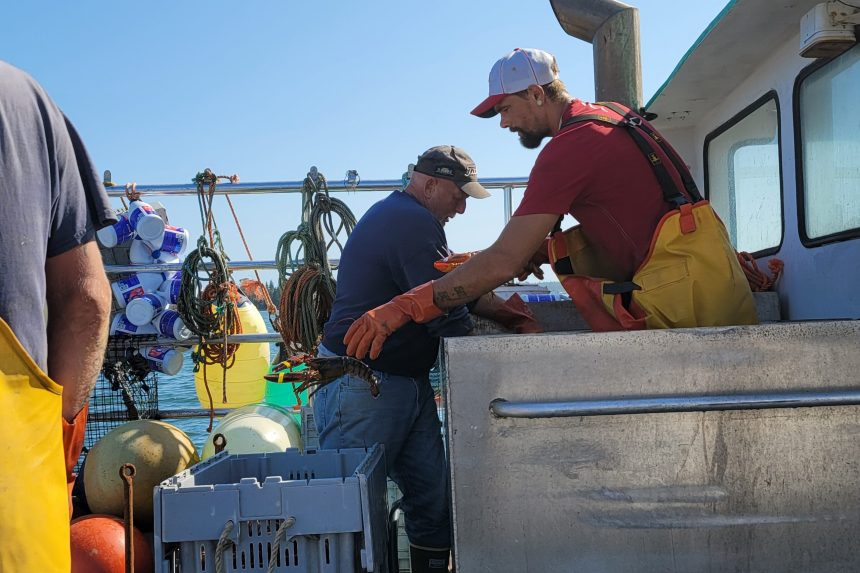The Maine Lobstering Union (MLU), an affiliate of the 600,000-member International Association of Machinists and Aerospace Workers (IAM), issued this statement following the D.C. Circuit Court’s landmark decision overturning a regulatory attack that threatened to close Maine fishing grounds.
“The Maine Lobstering Union joins the rest of the lobstering industry in expressing our relief that the tides have finally turned towards reasoned scientific analysis and away from the worst-case scenarios that have been used to unfairly punish the fishery for over a decade.
“The recently-issued opinion in the matter of Maine Lobstermen’s Association et. al. v. NMFS et. al. by the U.S. Court of Appeals for the D.C. Circuit vacating the National Marine Fisheries Service’s (NMFS) 2021 biological opinion and remanding its most recent rule, including the closure of some 1,000 miles of prime fishing grounds off the coast of Maine, to the agency for reconsideration.
“Importantly, this reconsideration cannot rely on the ‘worst-case scenario’ set forth in the NMFS’s biological opinion, meaning the arbitrary assumptions NMFS has used to unfairly target the lobster industry over the last several years must be discarded. As the court recognized, ‘the Service’s decision to allocate half the deaths of unknown origin and half of the undocumented deaths to U.S. fisheries . . . has little empirical support. . . .[and] most documented deaths from entanglement of known origin, particularly in recent years, have happened in Canada.’
“The court further noted that ‘[R]ight whales have also migrated away from the Gulf of Maine. … [and] before 2017, Canada did little to survey the Gulf of St. Lawrence, where many whales had relocated.’ Accordingly, the court concluded that ‘the dataset used by the [NMFS] may well understate the role of Canada in the decline of the right whale population.” That very conclusion is entirely consistent with the reasoning employed by the U.S. District Court for Maine nearly two years ago when it temporarily halted the closure of some of Maine’s most important lobstering grounds.”

